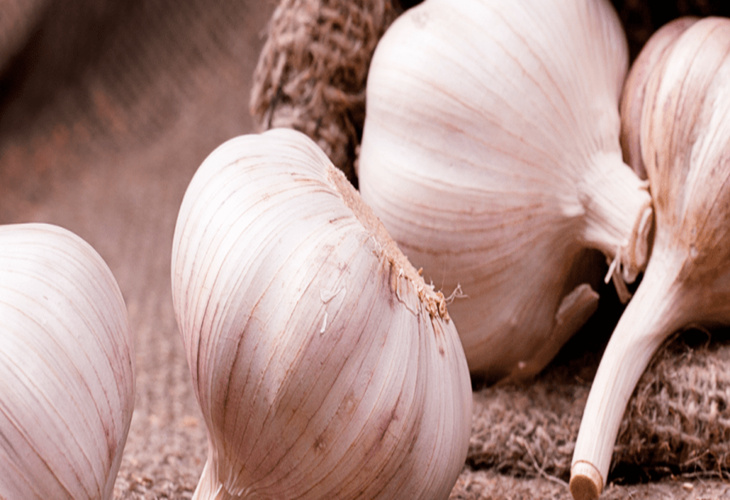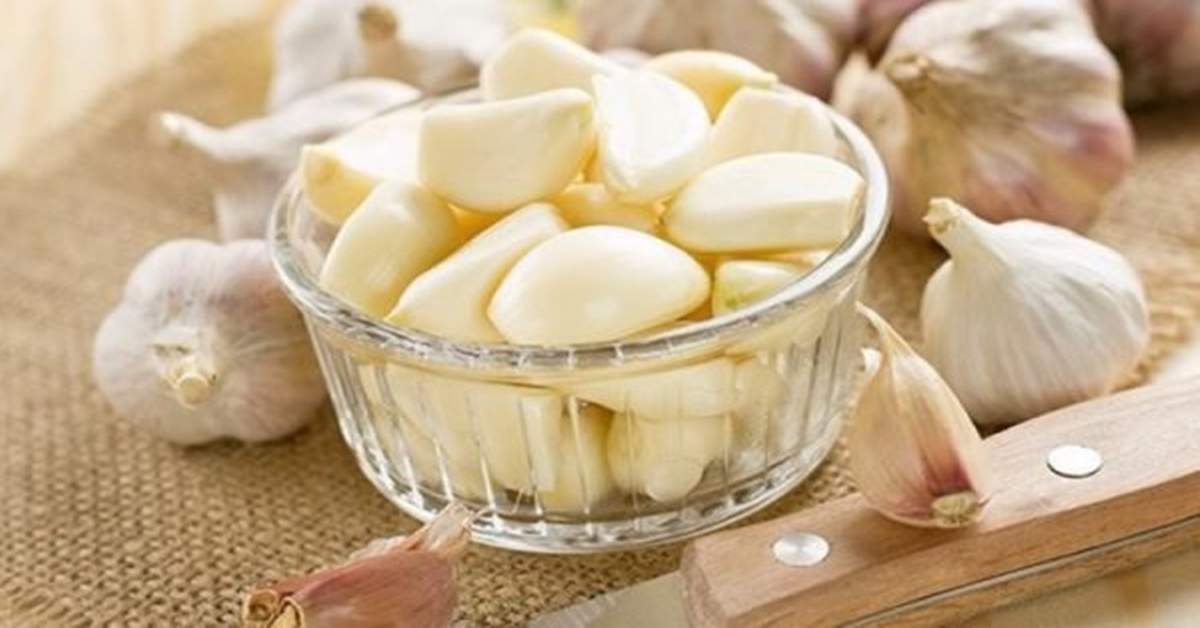Advertisements
Garlic is one of the most commonly used ingredients in kitchens, both at home and in restaurants. Besides the excellent flavor it imparts to food, few people know how healthy and nutritious it is.
Garlic is of Asian origin and has been used by many cultures. The Egyptians, for example, used it to feed their slaves while they built their pyramids. The Greeks consumed it for its aphrodisiac powers. In medieval times, they believed garlic warded off vampires and evil spirits. Garlic was also used during World War II to heal wounds.
Advertisements
We know many people love garlic, but some hate it. Some people think food tastes bland without it. Others can't even stand the smell. But after all, does garlic really have benefits and healing powers?

Let's list some of its benefits, although it has many others as well. Garlic is an anti-inflammatory, prevents cancer, and is good for cholesterol... Garlic contains a substance called allicin, which is very good for health and healthy body development.
Advertisements
Allicin is a compound formed when you chop, grind, or crush garlic. By consuming garlic, you can prevent and combat various diseases. Allicin also helps improve blood pressure.
Studies show that garlic contributes to improving the cardiovascular system, combats diabetes, and has antioxidant and anti-inflammatory properties. It also helps reduce arterial hardening and is beneficial for digestion.
According to sources, garlic has been proven to have anticancer effects. It also lowers LDL (bad) cholesterol and prevents cholesterol from depositing on blood vessel walls. It may also be a natural ally in controlling microbiological growth.
Some plants of the genus Allium are called garlic, although the term applies specifically to Allium sativum, a perennial plant whose bulb, composed of scaly leaves, is edible and used both as a seasoning and for medicinal purposes.
Scientific name: Allium sativum
Protein: 6.36 g
Potassium: 401 mg
Calcium: 181 mg
Fat: 500 mg
Higher classification: Allium (Wikipedia)







